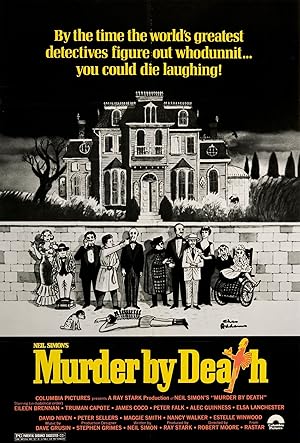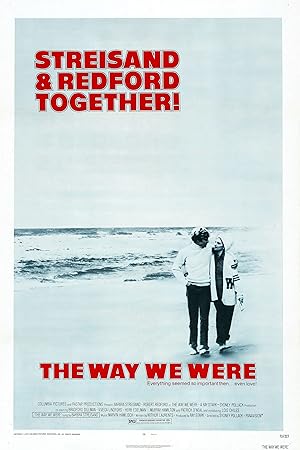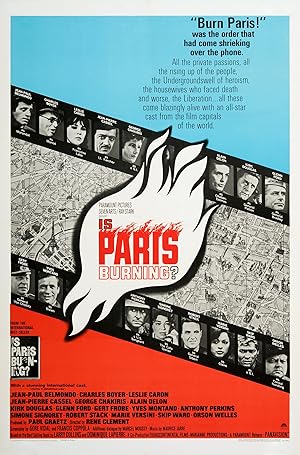Films & Shows from Rastar Productions
You’re now browsing page 3, where we continue to showcase even more remarkable titles produced by Rastar Productions. If you’ve already discovered some standout works on previous pages, now’s the perfect time to delve deeper and find your next favorite. Keep exploring and enjoy the journey!
The Goodbye Girl (1977)
0
After being dumped by her live-in boyfriend, an unemployed dancer and her 10-year-old daughter are reluctantly forced to live with a struggling off-Broadway actor.
Robin and Marian (1976)
2
Robin Hood, aging none too gracefully, returns exhausted from the Crusades to woo and win Maid Marian one last time.
Murder by Death (1976)
2
Lionel Twain invites the world's five greatest detectives to a 'dinner and murder'. Included are a blind butler, a deaf-mute maid, screams, spinning rooms, secret passages, false identities and more plot turns and twists than are decently allowed.
Funny Lady (1975)
1
Famous singer Fanny Brice has divorced her first husband Nicky Arnstein. During the Great Depression she has trouble finding work as an artist, but meets Billy Rose, a newcomer who writes lyrics and owns a nightclub.
Summer Wishes, Winter Dreams (1973)
0
Rita, a middle aged New York City homemaker, finds herself in an emotional crisis which forces her to re-examine her life, as well as her relationships with her mother, her eye doctor husband, her alienated daughter and estranged son.
The Way We Were (1973)
1
Two desperate people have a wonderful romance, but their political views and convictions drive them apart.
Fat City (1972)
1
Two men, working as professional boxers, come to blows when their careers each begin to take opposite momentum.
Funny Girl (1968)
1
The life of famed 1930s comedienne Fanny Brice, from her early days in the Jewish slums of New York, to the height of her career with the Ziegfeld Follies, as well as her marriage to the rakish gambler Nick Arnstein.
Is Paris Burning? (1966)
1
Near the end of World War II, Gen. Dietrich von Choltitz receives orders to burn down Paris if it becomes clear the Allies are going to invade, or if he cannot maintain control of the city. After much contemplation Choltitz decides to ignore his orders, enraging the Germans and giving hope to various resistance factions that the city will be liberated. Choltitz, along with Swedish diplomat Raoul Nordling, helps a resistance leader organize his forces.








